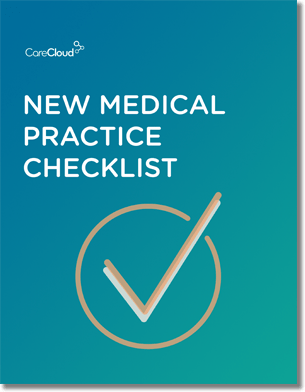Over the past few months, network news programs have been inundated with politicians squabbling over the pros and cons of the Affordable Care Act (ACA). While Democrats tout the law as the savior of the American healthcare system, Republicans denounce it as the most burdensome piece of legislation ever to pass through the halls of Congress.
And for what seems a Capitol Hill first, both sides have valid arguments. Nonetheless, something most industry experts agree on is that one of the most damaging aspects of the ACA could be the 2.3% sales tax on all medical devices.
The tax, intended to help pay for the associated costs of Obamacare, went into effect this past January and covers everything from MRI machines to diabetic supplies to surgical gloves.
To date, medical device industry payments to the Internal Revenue Service have already exceeded a knee-buckling $1 billion according to reports by the Medical Imaging & Technology Alliance, the Advanced Medical Technology Association and the Medical Device Manufacturers Association.
Strong Opposition
The law’s staunchest opponents, including a conglomerate of device makers, providers and politicians, say the law will stifle innovation by taking much-needed resources away from research and development efforts, clinical trials and other investments in medical manufacturing. The impact will be especially challenging for smaller companies whose innovations are not initially lucrative.
A March 2012 report published by AdvaMed concluded that the tax could result in the loss of nearly 39,000 American jobs and $8 billion in economic output, inevitably leading to an increase in the cost of healthcare.
It’s no surprise that Republican senators have vowed to work relentlessly to repeal the tax, which Utah’s Senator Orrin Hatch has called “one of the stupidest aspects” of the ACA.
No2Point3.com
The reason the medical device tax has attracted so much attention is that it hits a very specific, very powerful American industry that has launched an extremely aggressive and reasonably sound campaign against it.
In the past two years, Cook Group, the largest privately owned manufacturer of medical devices, tripled its lobbying efforts and is currently working on marketing a website titled no2point3.com.
The site collects stories of resentment and distress from the small-business people who run a lot of the country’s medical device companies (80% of medical device companies have less than 50 employees).
As of this morning, no2point3.com has collected more than 11,000 signatures to petition against the law.
“We are a start-up medical device company, and began selling products in May 2008,” said DFINE CEO Kevin Mosher on the website.
“The device tax will cost us an additional $2 million to fund the company to this point because it is a top-line tax. That $2 million represents precious, vital capital for a formative company in hiring employees and building the business to last,” he added.
This sentiment resonates across the entire industry. Vendition Partners, an Atlanta-based medical data company, claims the tax will require them to sell their newest device for an additional $2.07 per unit — an increase that could result in millions of dollars in added insurance payments.
An Industry That Cannot Fail
Right now, the United States is considered the world leader in manufacturing medical treatments and devices.
The industry currently employs more than 400,000 workers and generates approximately $25 billion in payroll. It doles out salaries that are 40% higher the national average and invests nearly $10 billion in research and development annually.
Mr. Mosher and Senator Hatch are right. While much of the bill aims to help patients, this piece could seriously damage device makers and take thousands of U.S. jobs with it.

Do you know what you need when setting up a new medical practice?


